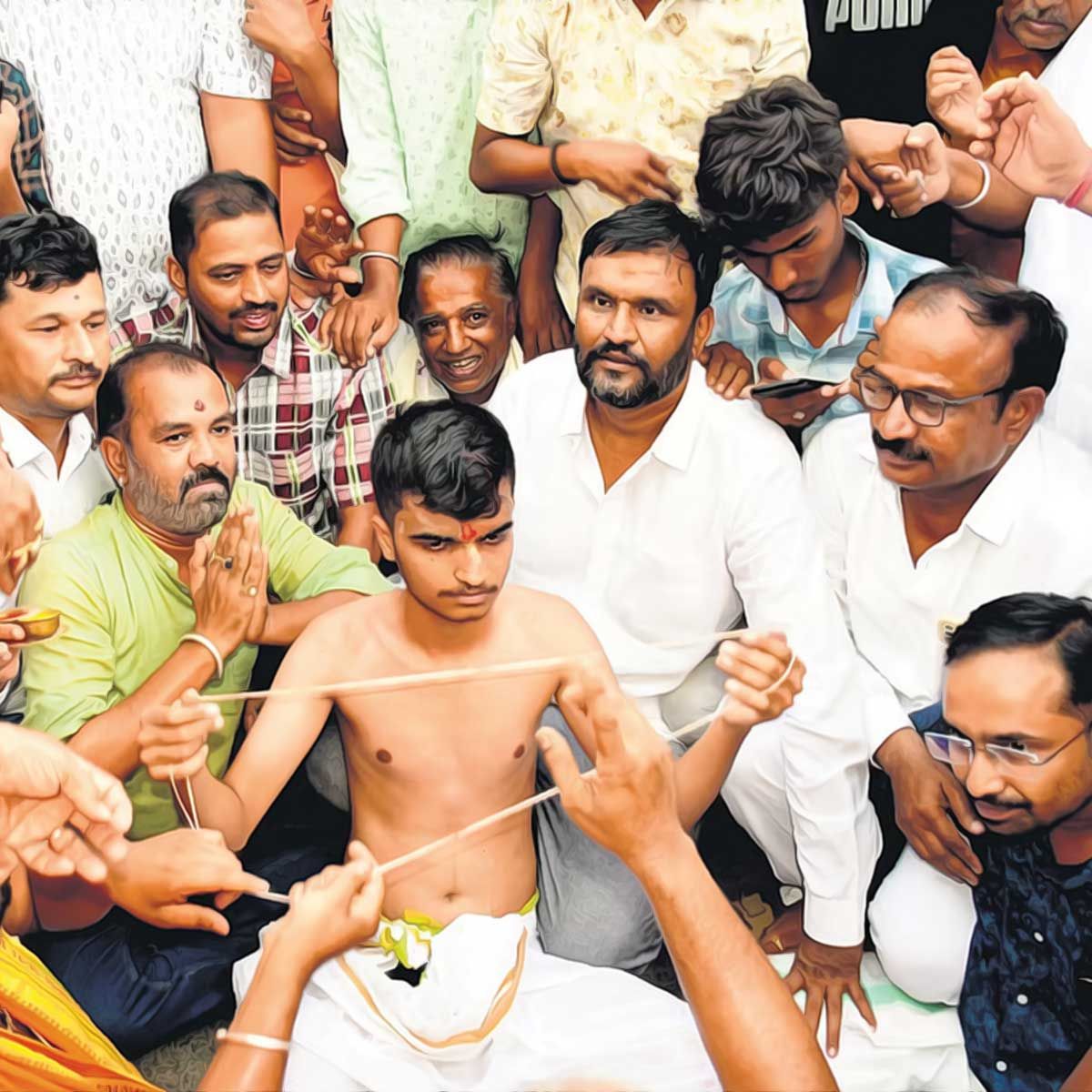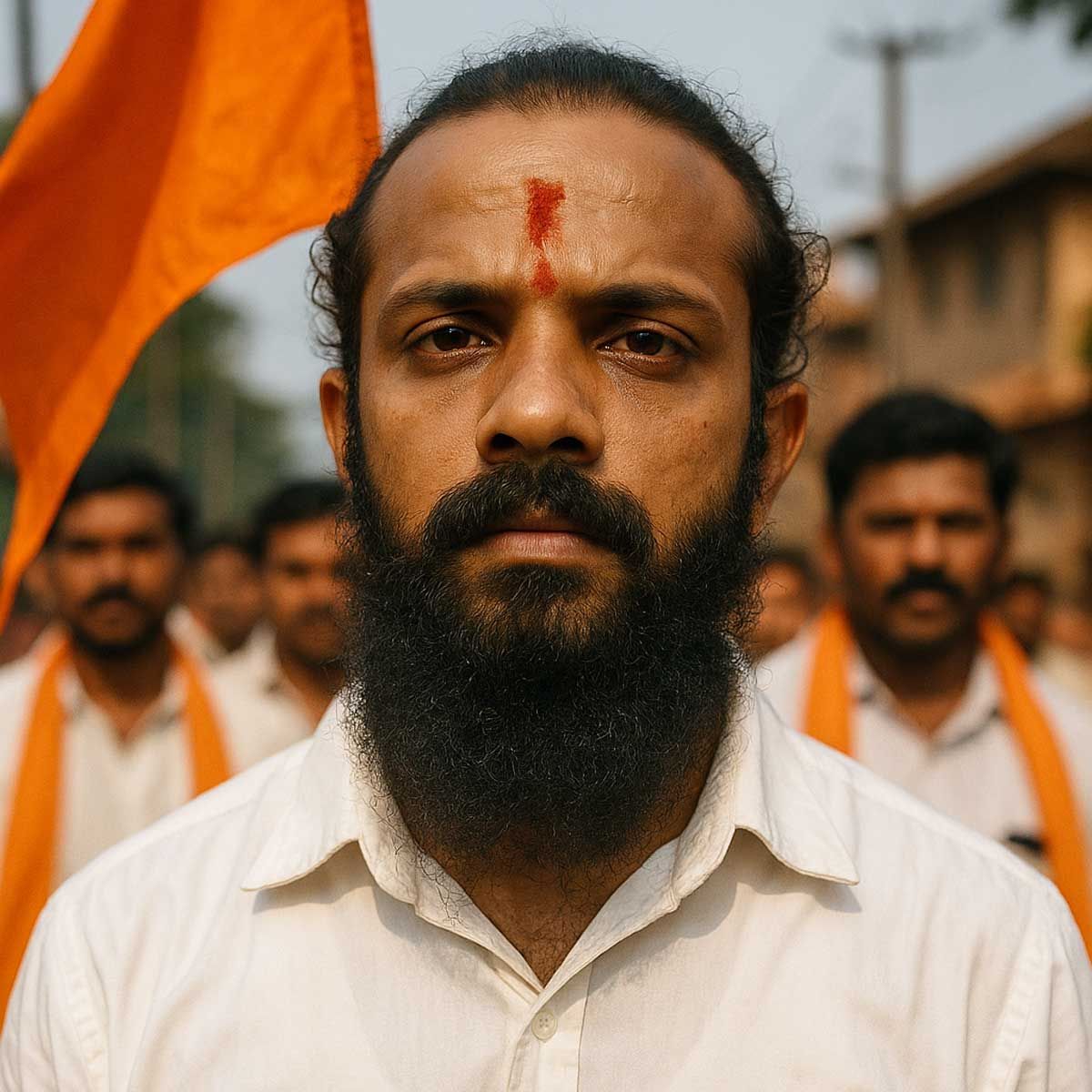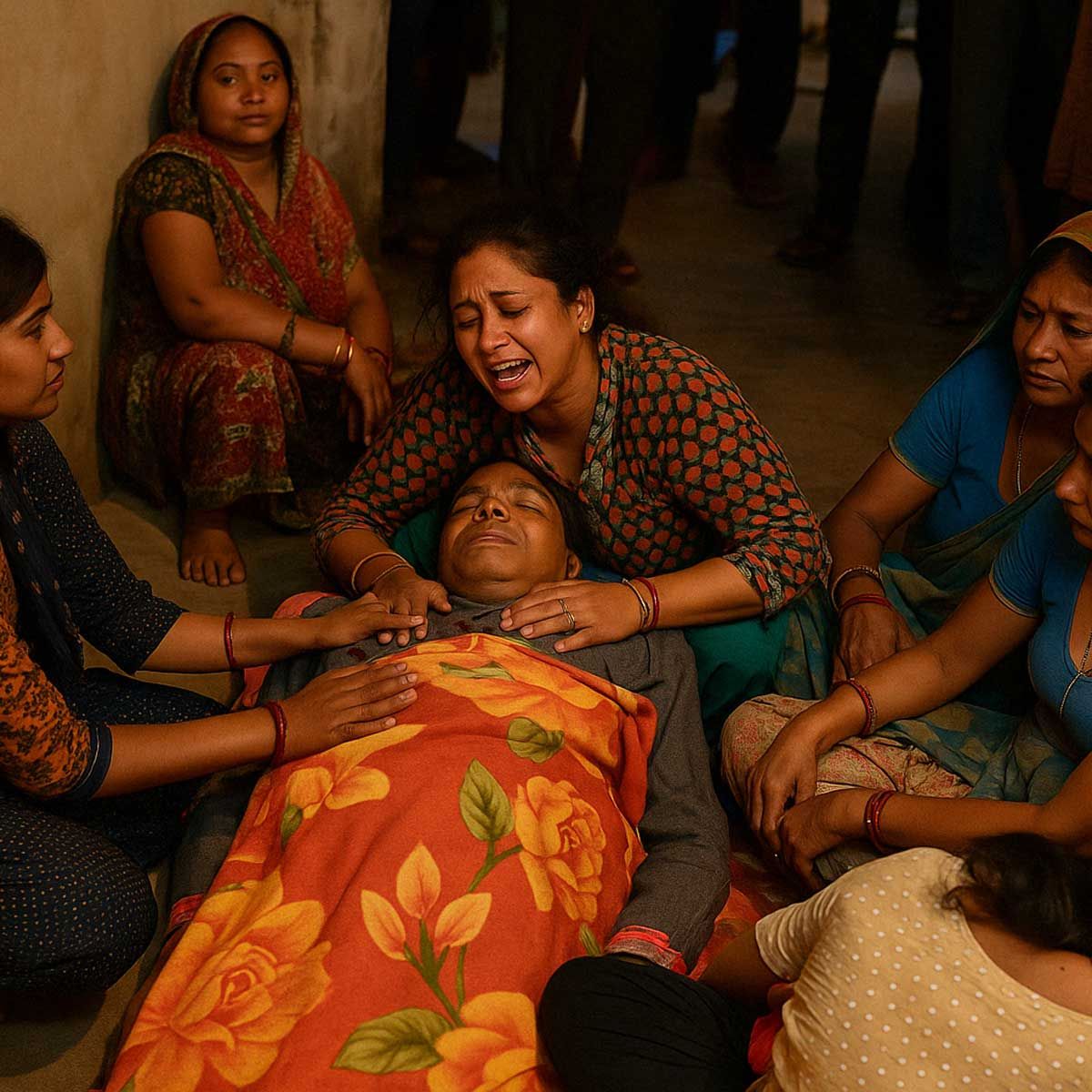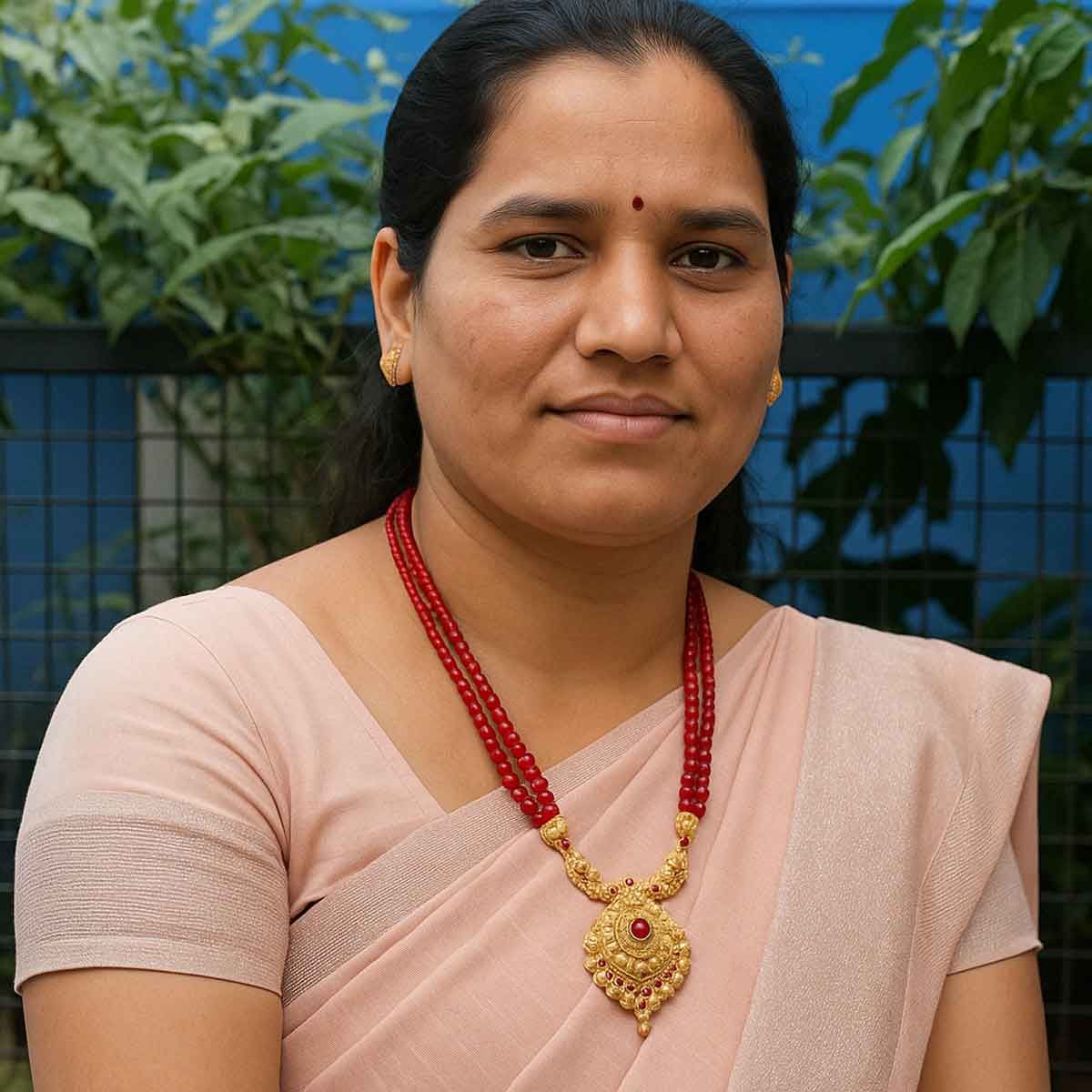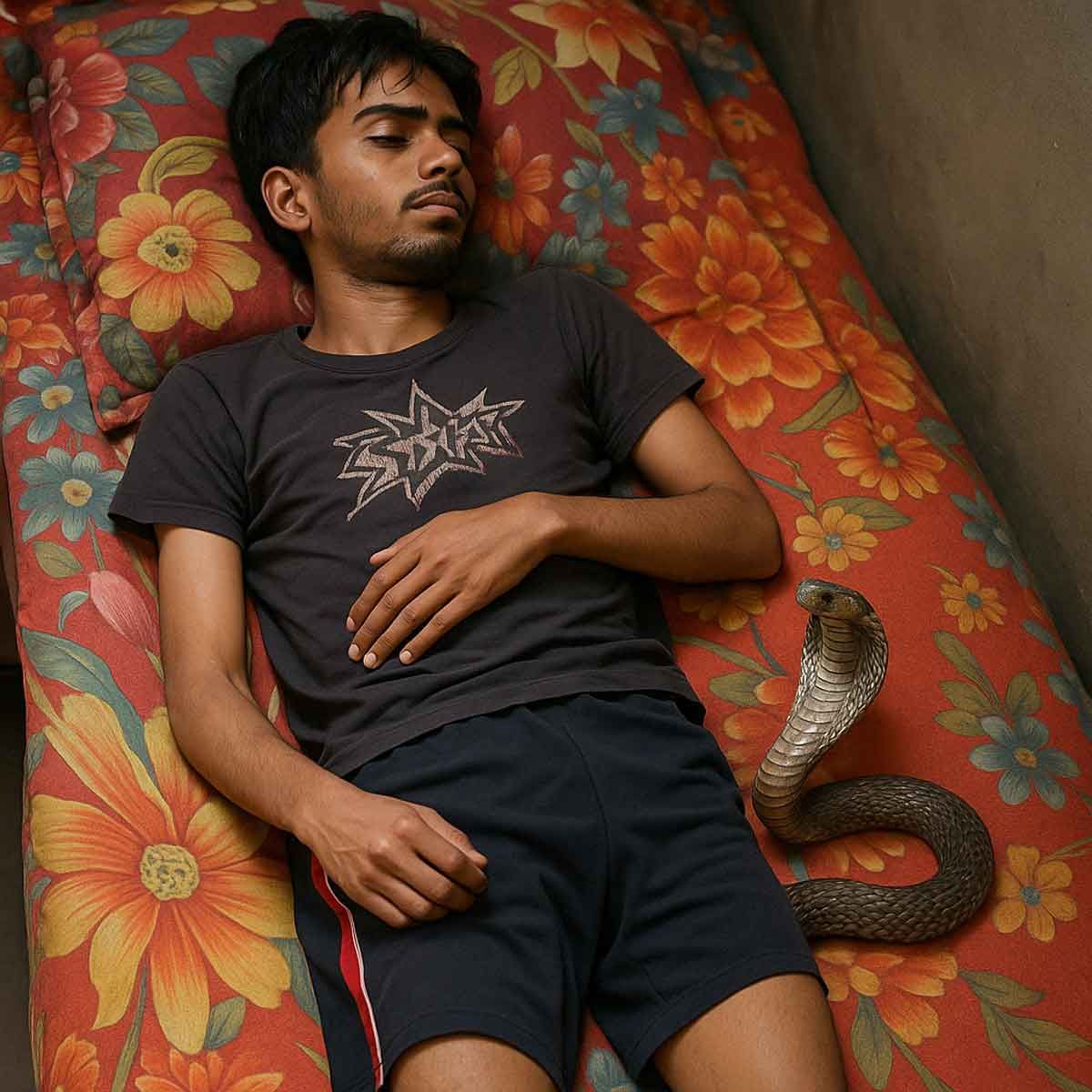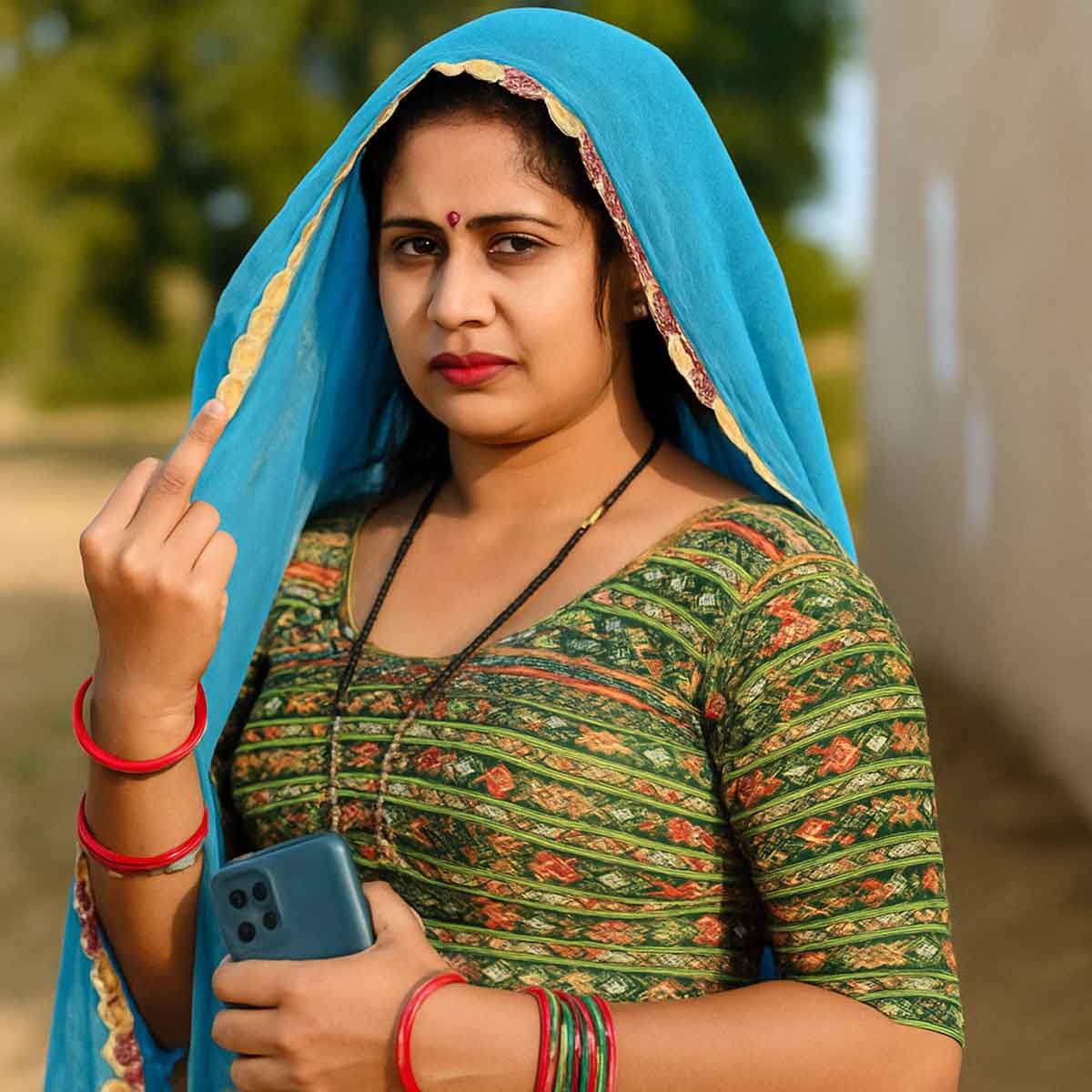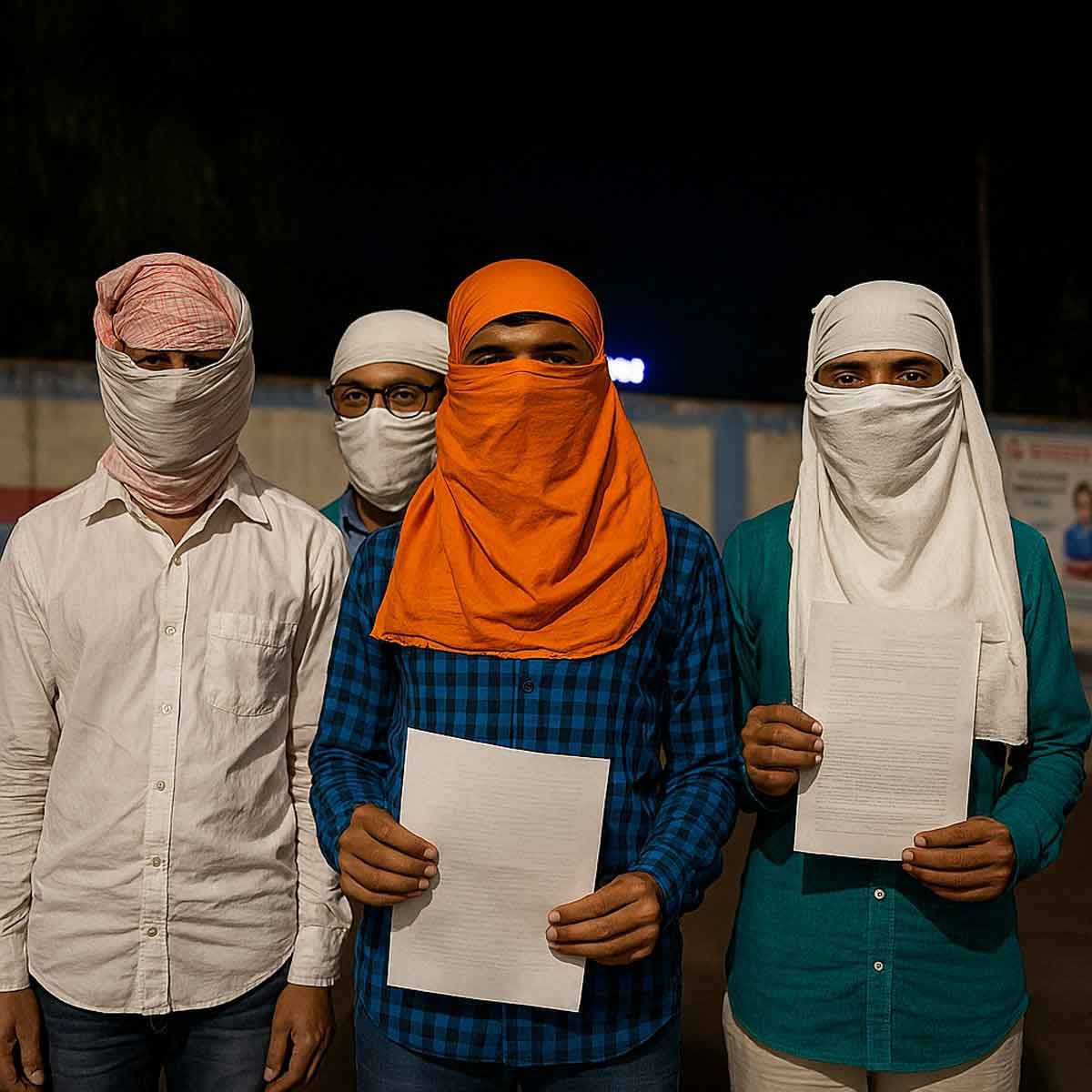More Coverage
Twitter Coverage
Satyaagrah
Written on
Satyaagrah
Written on
Satyaagrah
Written on
Satyaagrah
Written on
Satyaagrah
Written on
JOIN SATYAAGRAH SOCIAL MEDIA
"लो, कर लो बात": Dr. S. Jaishankar exposes the irony of Western media - quick to critique yet slow to reflect, as they litigate their own elections and still presume to lecture India on democracy, a nation with strong voter turnout and vibrant democracy
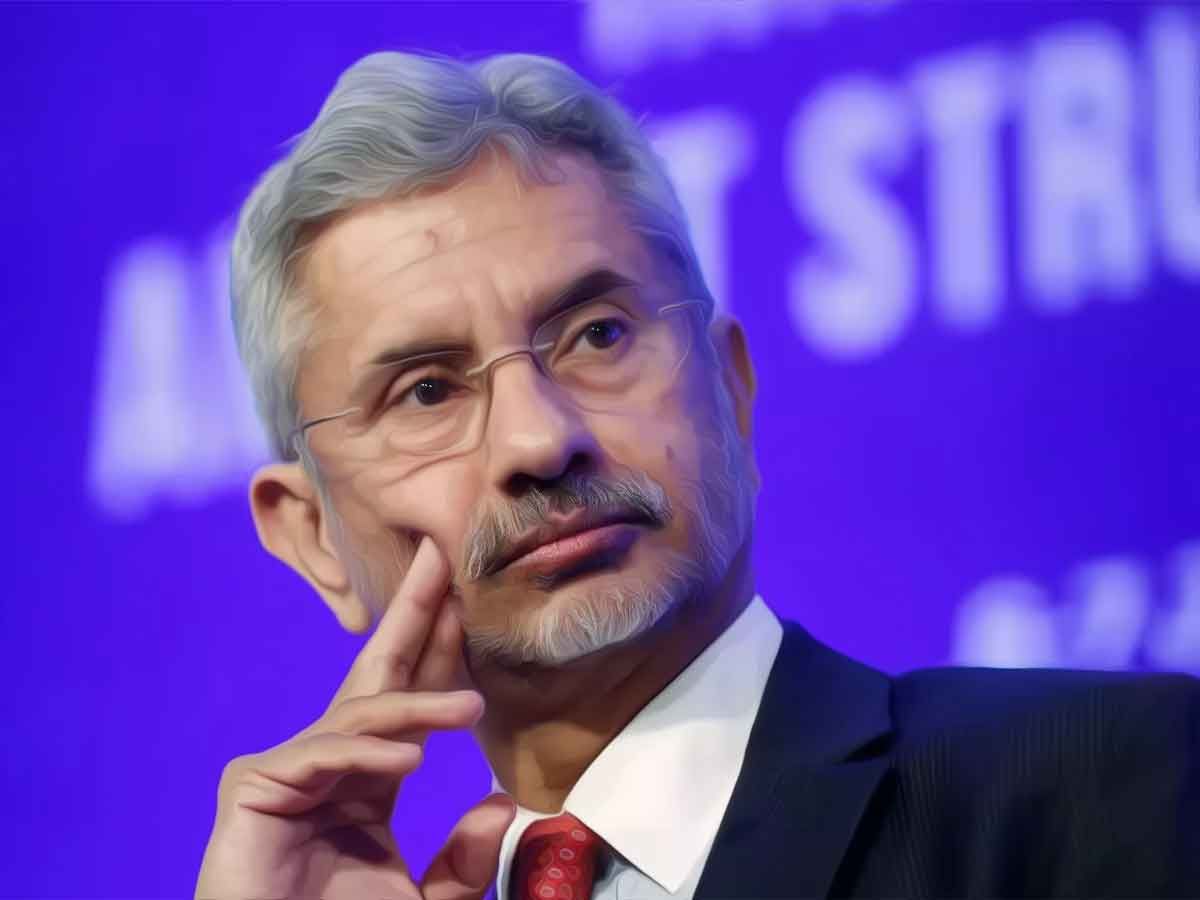
In a bold critique of Western media's portrayal of Indian electoral processes, External Affairs Minister S Jaishankar highlighted the irony in criticisms coming from nations that have historically resolved election disputes in courtrooms. Addressing an audience in Kolkata during the launch of the Bangla edition of his book 'Why Bharat Matters', Jaishankar pointed out that these countries, which often find themselves entangled in legal battles to determine election outcomes, are the same ones offering unsolicited advice—or “gyan”—on how India should manage its elections.
|
"The countries that have to go to court for deciding election results are giving gyan on conducting polls," Jaishankar remarked, emphasizing the contradiction in their stance. His comments underscored a perceived double standard in the global political discourse, where Western nations, despite their own complexities and challenges in electoral practices, presume to dictate norms for other countries.
Further elaborating on his views, Jaishankar criticized the persistent influence these nations believe they wield on the world stage. "They (Western countries) do want to influence us because many of these countries feel that they have influenced this world for the last 70-80 years…Western countries actually feel that they influenced the world for the last 200 years. How do you expect for someone who has been in that position to give up those old habits so easily," he stated during the event. This observation reflects his concern over the enduring colonial mindset that continues to pervade Western policies towards non-Western states.
Moreover, Jaishankar expressed discontent with the Western media's preference for a particular "class of people" to govern, which often does not align with the democratic choice of the Indian populace. The frustration arises from the media's discomfort when the electoral results in India do not conform to their expectations or desires, highlighting a fundamental disconnect between their perceptions and the realities of Indian democracy.
Dr. S. Jaishankar, in his continued commentary on the role of Western media in shaping perceptions of Indian democracy, questions the overwhelmingly negative coverage of India. "Why these newspapers are so negative on India? Because they are seeing an India which is not in a sense compliant with their image of how India should be. They want people, ideology, or a way of life…they want that class of people to rule this country, and they are disturbed when the Indian population feels otherwise," he explained.
Jaishankar's assertion highlights a broader narrative, suggesting that Western media not only reports but also attempts to influence the political landscape in countries like India. He pointed out that in several instances, these media outlets have "openly endorsed candidates and political parties" without concealing their biases. This practice, according to Jaishankar, reflects a deep-seated expertise in subtly guiding political outcomes, a skill honed over centuries. He described these media practitioners as "very smart, somebody is doing this domination game for 300 years, they learn a lot, anubhavi log hain, chatur log hain (they are experienced and clever people)," thereby acknowledging their strategic acumen in political influence.
|
The External Affairs Minister also labeled these actions as part of a "mind game," implying a psychological strategy aimed at maintaining a certain level of control over how democracies are perceived and function externally. By calling out this behavior, Jaishankar effectively critiqued the ongoing attempts by some Western entities to perpetuate their historical influence over other nations' political affairs.
In a candid expression of the challenges posed by external perceptions, External Affairs Minister S. Jaishankar delves deeper into the criticisms directed towards Indian democracy, particularly through the lens of Western media. He articulates a clear scenario of how foreign entities attempt to sway public and international opinion. "They (newspapers) will reputationally damage you, somebody will bring out an index and put you down in that…Countries which have to go to court to decide the result of their election are giving us gyan about how to conduct the election. This is the mind game that is happening in the world," he stated.
Amid these criticisms, Jaishankar also took a moment to recognize the resilience and commitment of the Indian electorate. Despite challenging weather conditions, the voter turnout remains robust, which he sees as a testament to the strength of India's democratic spirit. "Even in this election, I am looking at the commentary. In this country, even in the hottest summer, look at the percentage of people who come to vote," he observed, pointing out the contrast between the determination of the Indian voters and the often skeptical and negative commentary from abroad. This observation serves to not only defend the vigor of Indian democracy but also to challenge the narratives that often overshadow this positive aspect in international reports.
Continuing his critique, Jaishankar reflects on the ongoing narrative battle with Western media, which he has previously accused of harboring a biased view against India's democratic processes. His remarks suggest a deep-seated concern about the portrayal of India abroad, stressing the need for a more balanced and respectful understanding of India's political landscape. His comments underline a recurring theme in his discussions: the disconnect between Western perceptions and Indian realities, and the broader implications this has for international relations and domestic morale.
|
|
"I get a lot of these noises from the Western press and if they criticize our democracy, it’s not because they lack information. It is because they think they are also political players in our election," he remarked. He suggests that the criticism from Western media stems not from a lack of understanding but from a deliberate positioning within the political discourse of India, implying an agenda that transcends mere reporting.
Jaishankar also responded to specific critiques regarding the scheduling of elections during severe weather conditions. Referring to an article that questioned the timing of the Indian elections during a heatwave, he pointed out the robust participation of Indian voters despite the harsh conditions. "Now I read that article and I wanted to say listen, in that heat, my lowest turnout is higher than your highest turnout in the best run," he noted, highlighting the strong voter engagement in India compared to turnout figures in many Western countries, where voter participation often falls below India’s lowest rates even under optimal conditions.
The ongoing Lok Sabha Elections 2024 serves as a testament to this commitment, with the elections being conducted in seven phases to accommodate various logistical and environmental challenges. The counting of votes is scheduled for June 4, providing a structured timeline for this significant democratic exercise. The first four phases of the election have already taken place on April 19, April 26, May 7, and 13, demonstrating the efficiency and scale of the electoral process. The remaining phases are set to occur on May 20, May 27, and June 1, covering extensive electoral demographics across diverse geographical regions.
Through these statements and observations, Jaishankar not only defends the integrity and resilience of India's electoral system but also challenges the motives behind foreign criticisms of India’s democratic practices. His comments serve as a strong rebuttal to those who question India’s electoral timings or processes, affirming the country's commitment to maintaining a robust and inclusive democratic system regardless of external opinions or challenges.
 Support Us
Support Us
Satyagraha was born from the heart of our land, with an undying aim to unveil the true essence of Bharat. It seeks to illuminate the hidden tales of our valiant freedom fighters and the rich chronicles that haven't yet sung their complete melody in the mainstream.
While platforms like NDTV and 'The Wire' effortlessly garner funds under the banner of safeguarding democracy, we at Satyagraha walk a different path. Our strength and resonance come from you. In this journey to weave a stronger Bharat, every little contribution amplifies our voice. Let's come together, contribute as you can, and champion the true spirit of our nation.
 |  |  |
| ICICI Bank of Satyaagrah | Razorpay Bank of Satyaagrah | PayPal Bank of Satyaagrah - For International Payments |
If all above doesn't work, then try the LINK below:
Please share the article on other platforms
DISCLAIMER: The author is solely responsible for the views expressed in this article. The author carries the responsibility for citing and/or licensing of images utilized within the text. The website also frequently uses non-commercial images for representational purposes only in line with the article. We are not responsible for the authenticity of such images. If some images have a copyright issue, we request the person/entity to contact us at satyaagrahindia@gmail.com and we will take the necessary actions to resolve the issue.
Related Articles
- "A city betrayed: Truth twisted, trust broken": Dublin reels - Algerian immigrant stabs 3 kids, leaving 1 critically injured; BBC, Washington Post twist facts, playing verbal gymnastics to mask attacker's origins, fueling public outrage & demand for truth
- Amid deteriorating India-Canada relations, EAM Jaishankar underscores the paramountcy of diplomat safety in Canada, citing violations of the Vienna Convention, emphasizes potential visa resumption contingent on diplomats' safety assurance in Ottawa
- "Best time for you to hold your tongue is the time you feel you must say something or bust": Without mincing any word, EAM Jaishankar busted Pakistani spin, "World is not stupid & world does call out countries who indulge in terrorism, clean up your act"
- "Peace has its victories no less than war, but it doesn't have as many monuments to unveil": Jaishankar slammed Pakistan after it rakes up Kashmir issue in UN, "a country that hosts Osama and launches attack on India’s parliament don't have credentials"
- Propagandists spread hue and cry after PM's new Mercedes Maybach which is a routine replacement, but hushed on Sonia Gandhi using Range Rovers procured for the then PM
- Journalist Naomi Barton associated with Leftist propaganda website, The Wire tells a woman who felt violated to ‘not weaponise her privilege’ against a man who ‘was from a lower-class chain’
- Journalists of Press Club of India moaning over hike in liquor prices in the club, contending that complimentary liquor from companies has gone missing
- From Shabana Azmi's ‘daaru delivery dude’ and Aurangabad teen’s NASA claims to Nidhi’s Harvard job: Most talked about frauds of 2021
- "When India took the G20 Presidency, the voice of the Global South became paramount": Today’s India doesn't just solve 1/6th of global issues but offers replicable models for the world," Minister S Jaishankar voices India's commitment at the G20 Summit
- Economic Times publishes an offensive meme mocking Hindus by depicting the Bhabha Atomic Research Centre as a Shivling and captioned BOM BHOLENATH: demonstrates the callousness of media towards sentiments of Hindu faith
- Hindu man Chandran aged 50 lynched to death near a temple in Thiruvananthapuram, conspiracy to paint him petty thief hatched by those who killed him: authorities allegedly trying to hush up the incident
- Indian diaspora welcomed Modi in Berlin geared up in traditional attire, Dhol-Tasha celebration and proudly waving Bhagwa: Faces Hinduphobic vitriol and bombardment of trolling and criticism
- Dr. Oumair Aejaz, originally from Bengaluru, charged with sex crimes in the US for recording thousands of nude videos of women & kids, spotlighting media bias in labeling Muslim perpetrators as 'Indian' or 'Asian' in crimes against young non-Muslim girls
- "Dark money has turned our journalists into auctions": From calling them "students" to labeling them as the "headmaster's son" or simply a "young man who loved bikes," the media has an uncanny ability to transform terrorists into misunderstood souls
- 5 lakh kg of temple jewellery has been melted so far, DMK government planning to melt even more















